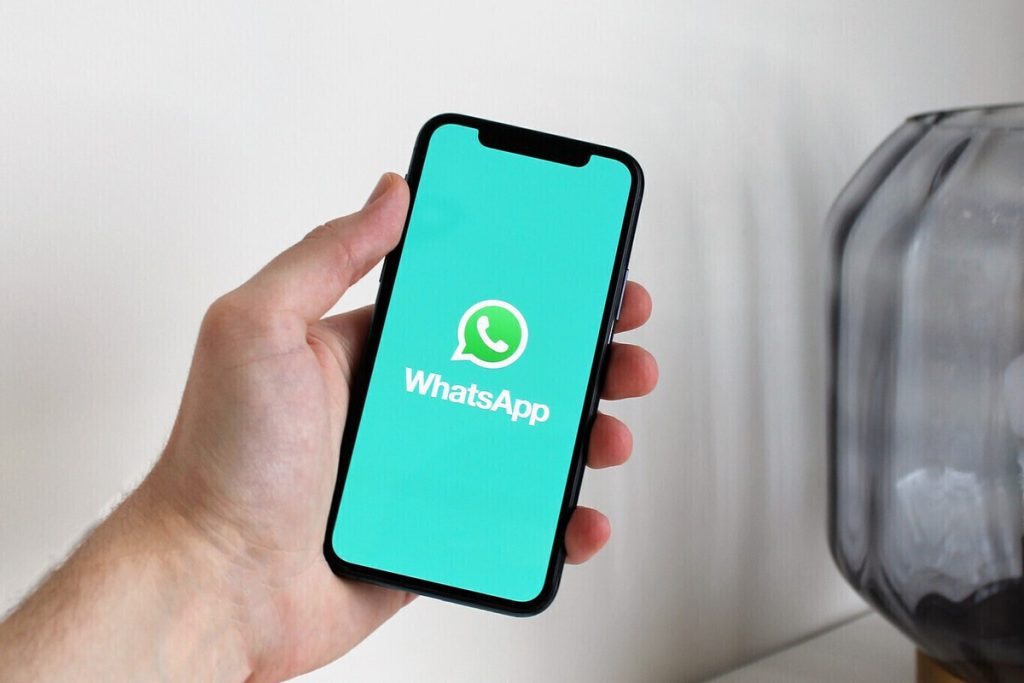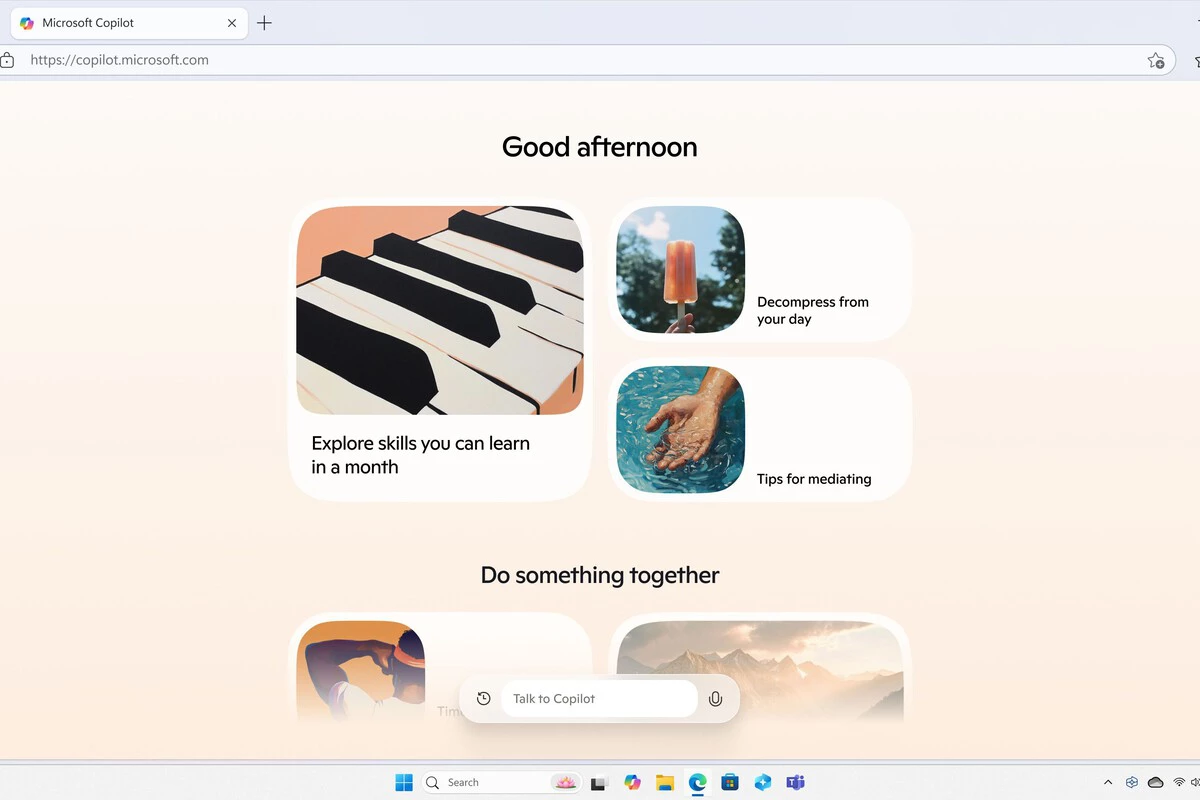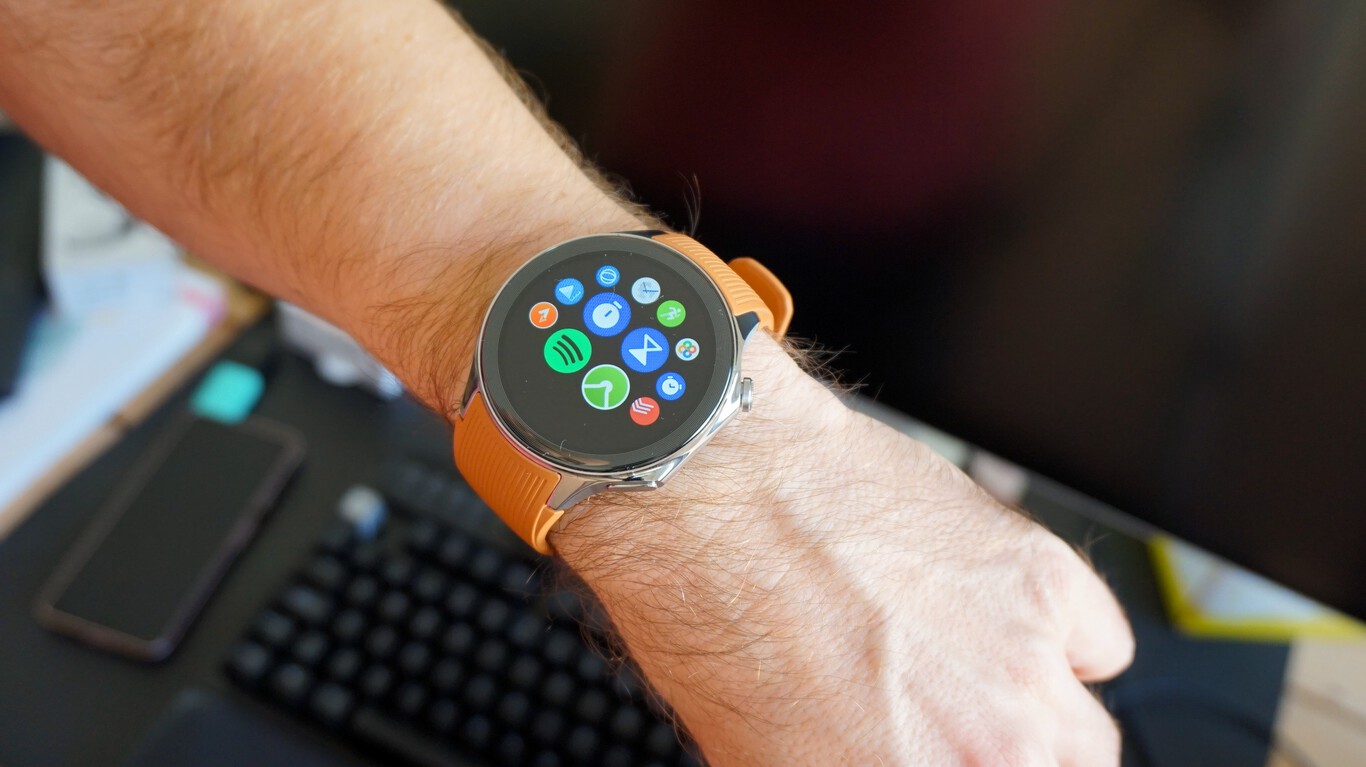- WhatsApp will no longer function on iPhones running iOS 14.1.
- This means iPhone 5S, 6, and 6 Plus users will lose access to WhatsApp.

It’s no secret that apps evolve. They gain new features, require more power, and eventually have to leave older devices behind. However, they do this gradually, without abandoning recent versions, but instead, they stop supporting much older models to minimize the impact on users. WhatsApp is no exception, and like in previous instances, only a small number of users will likely be affected.
What happened: WhatsApp has updated its minimum requirements, specifically for iOS and iPhones. According to the company’s website, starting February 24, 2025 (not now, not next week, but next year), WhatsApp will only be compatible with devices running iOS 14.1 or later. As for Android, the minimum requirement remains Android 5.0 or higher.
What does this mean? Several iPhone models will lose support and won’t be able to use the app anymore. According to reports from Applesfera, the affected phones are the iPhone 5S, iPhone 6, and iPhone 6 Plus—models that were released on September 20, 2013, and October 19, 2014, respectively. These phones are now around ten years old.
Will this affect me? Most likely, it won’t. Unless you own one of those three models, WhatsApp will continue to work as usual. In fact, the number of people affected by the end of support is expected to be minimal.
Why? According to official Apple data (which doesn’t include iOS 18), 86% of all devices released in the past four years are running iOS 17. Only 11% are on iOS 16, and just 3% are using an older version. iOS 14.1, which was released in October 2020, is part of that 3%, along with iOS 15 and other versions.
In short, it’s not something to worry about.
Can I still use WhatsApp? Most likely, yes. If you have an iPhone 6S or newer, the answer is yes. However, that doesn’t necessarily mean your phone is fully up-to-date. Apple stops supporting devices over time, and although apps continue to offer support for a while, eventually, that support will end. For example, iOS 18 has already dropped support for the iPhone 8 / 8 Plus and the iPhone X.




